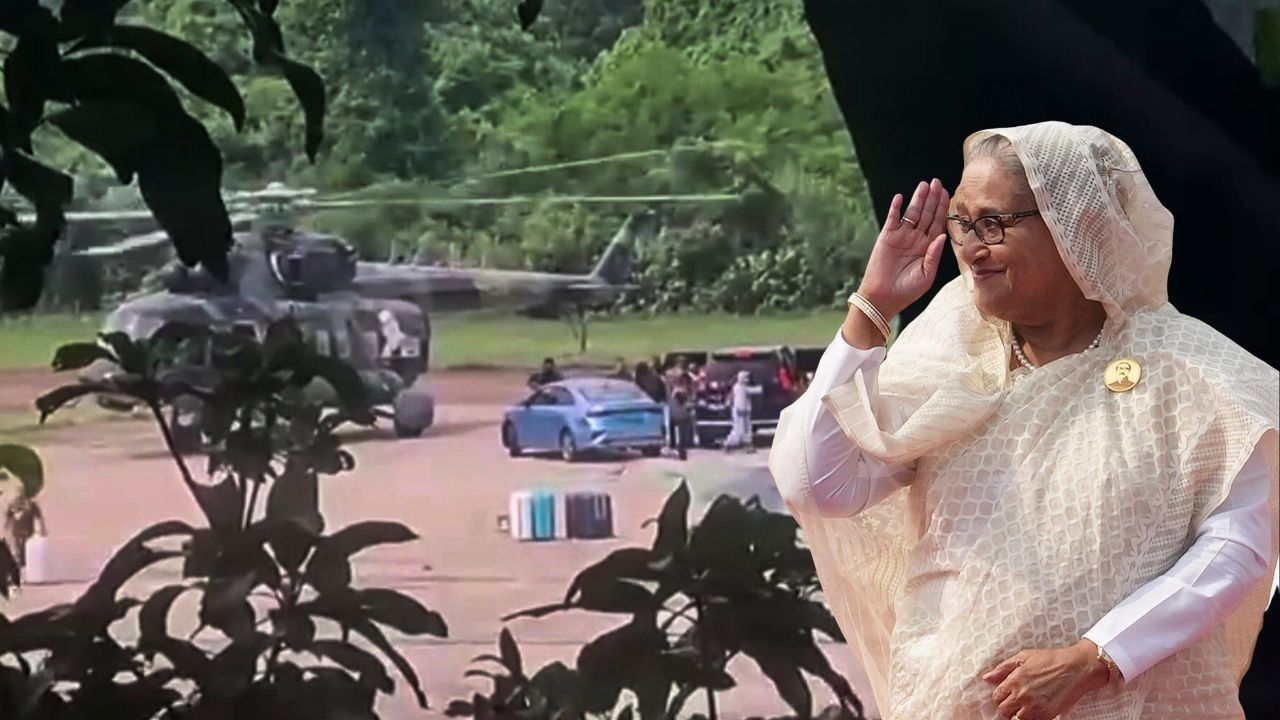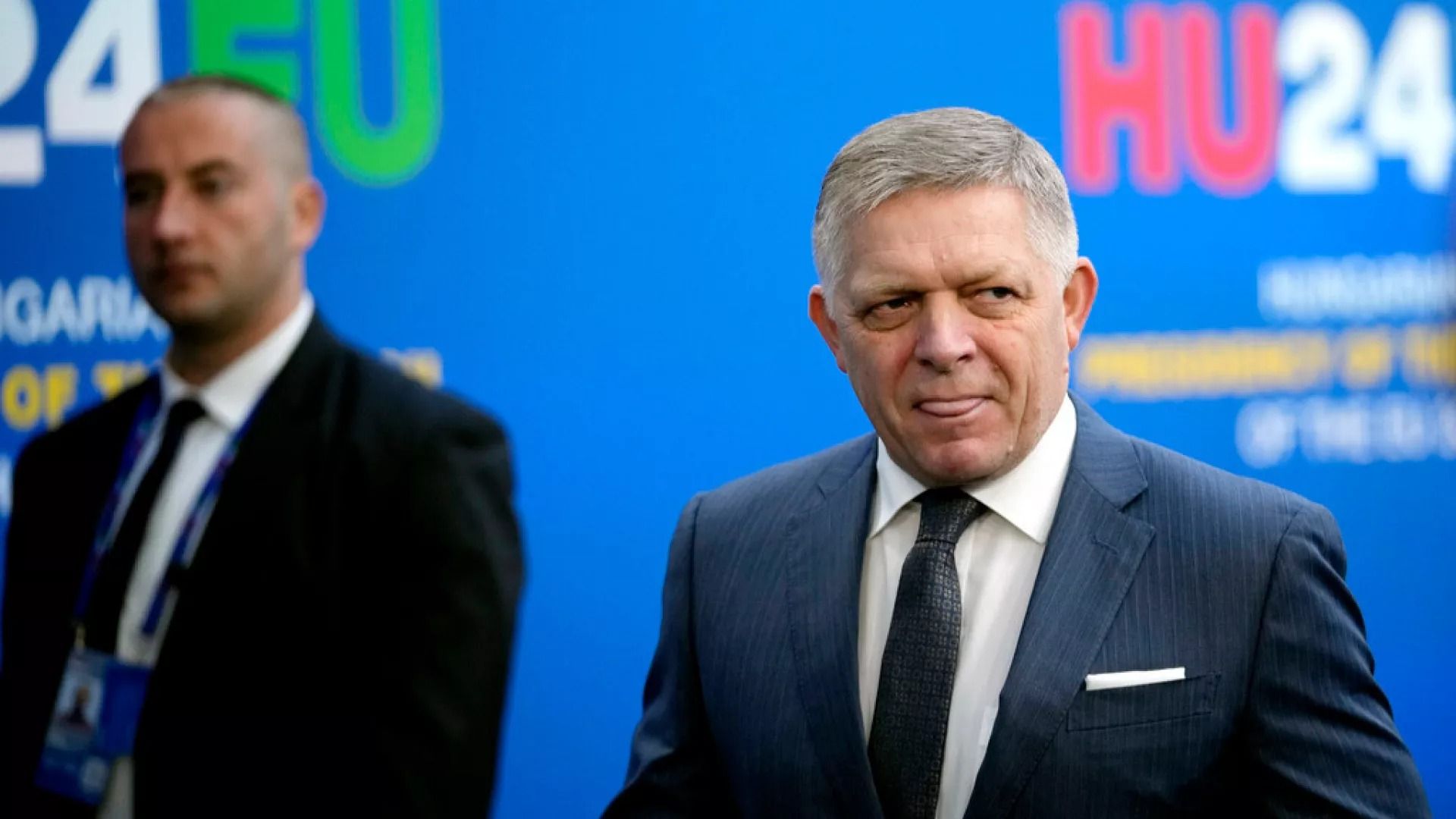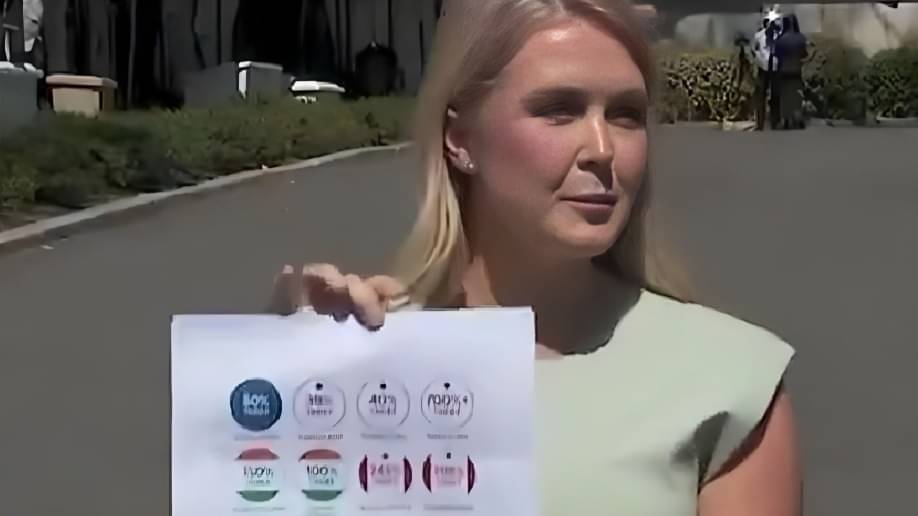Dhaka/New Delhi: Sheikh Hasina did not want to resign despite intensifying nationwide protests and calls for increased security measures. According to Prothom Alo, a Bengali-language daily newspaper in Bangladesh, Hasina insisted on a stronger crackdown by security forces, even as they advised against using excessive force to manage the unrest.
In a meeting at her official residence before stepping down, Hasina had summoned top security and police officers to address the rising death toll and growing unrest. Despite pressure from some advisors to transfer power to the Army, the 76-year-old Prime Minister remained resolute. She demanded an intensification of the curfew and questioned the effectiveness of the police response, a report published in Prothom Alo stated.
During the meeting, Hasina criticized the inability to control the protests, referring to the visuals of protesters climbing police vehicles. She reminded the officers of the trust she had placed in them, stating, “You have been elevated to these positions because I trusted you.”
Police Chief’s Concerns and Family Intervention
Reports in the Bangladesh Daily further claimed that the police chief expressed concerns that the situation was beyond their control and that increased force would not resolve the issue. Despite this, Hasina remained firm. Security forces then sought help from Sheikh Hasina’s sister, Rehana, to convince her to step down.
Rehana’s efforts were unsuccessful, leading to intervention from Sheikh Hasina’s son, Sajeeb Wazed Joy, who resides in the US. Joy managed to convince his mother to resign.
Departure and Resignation Formalities
With just 45 minutes to prepare, Sheikh Hasina wanted to record a final address to the nation but was unable due to time constraints. Accompanied by Rehana, she left her residence and briefly stopped at Bangabhaban, the President’s official residence, to complete formalities of her resignation.
At approximately 2:30 pm, Sheikh Hasina departed in a military aircraft, marking the end of her 15-year uninterrupted tenure as Prime Minister.
What’s Next In Bangladesh?
Now, opposition leaders and the country’s military are talking about appointing an interim government that is expected to organize new elections in what critics of Hasina say is a restoration of democracy.
Shortly after Hasina resigned, the country’s military chief said the army would seek the figurehead president’s guidance to appoint an interim government.
President Mohammed Shahabuddin announced late Monday after meeting with Gen. Waker-uz-Zamam and opposition politicians that Parliament would be dissolved as soon as possible, leading to fresh elections.
The next day, a key student leader said that the movement wanted Nobel Peace Prize laureate Muhammad Yunus to head the interim government.
Nahid Islam said in a video posted on social media that student protest leaders had already talked with Yunus, who consented to take over considering the present situation of the country.
Yunus faced a number of corruption accusations and was put on trial during Hasina’s rule. He received the Nobel in 2006 after he pioneered microlending, and he said the corruption charges against him were motivated by vengeance.
Gen. Waker-uz-Zaman also promised to launch an investigation into the deadly crackdowns that fueled outrage against the government. “Keep faith in the military, we will investigate all the killings and punish the responsible,” he said. “I have ordered that no army and police will indulge in any kind of firing.”
He asked for patience as a new government is formed. “Now, the students’ duty is to stay calm and help us,” he added.
Security Meet, Son’s Call & More: What Happened in 45-Minute Before Hasina’s Bangladesh Escape world-news World News | Latest International Global World News | Todays Breaking News Headlines




